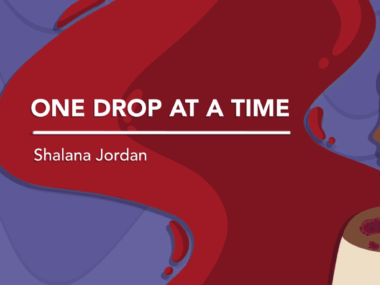Star Therapeutics raises $125M to advance bleeding treatment
Once-a-month therapy VGA039 in Phase 3 testing for von Willebrand disease
Written by |

Star Therapeutics has raised $125 million to support the development of VGA039, a treatment for von Willebrand disease (VWD) and other bleeding disorders that’s currently in Phase 3 clinical testing.
“This new funding from leading life sciences investors reinforces the urgency and impact of our mission: to bring life-changing therapies to people living with serious bleeding disorders and other diseases in hematology and immunology,” Adam Rosenthal, PhD, CEO and founder of Star, said in a company press release.
VGA039 is an antibody-based therapy designed to block the activity of Protein S, a molecule that normally helps to prevent unneeded clotting, with the aim of promoting clotting in people with conditions marked by excessive and prolonged bleeding. Star is developing VGA039 as a universal treatment for several bleeding disorders, starting with VWD, through its spinoff company Vega Therapeutics.
The funding announcement comes about a month after Star launched a Phase 3 clinical trial called VIVID-6 (NCT07115004). The trial aims to enroll 60 people with VWD, ages 12 to 75. All participants will undergo an initial six-month observational period, followed by an active treatment period during which they will be given monthly subcutaneous (under-the-skin) injections of VGA039 for nearly a year, with the main goal of evaluating how the therapy affects bleeding events. The trial is recruiting participants at a site in North Carolina.
“We’re making significant progress across our pipeline, highlighted by the recent initiation of our Phase 3 trial of VGA039,” Rosenthal said.
‘Transformative’ potential
The Phase 3 study is open to people with all types of VWD, the most common bleeding disorder. VWD is caused by a deficiency in a clotting protein called von Willebrand factor. Factor replacement therapy, which involves administering a functional version of this protein as medication, is available but requires regular infusions, which can be a hassle for patients. According to Star, VGA039 may offer more convenient bleeding control.
“VGA039 has the potential to be transformative for VWD patients and could meaningfully reduce the treatment burden, given its once monthly subcutaneous dosing regimen, in comparison to factor replacement prophylaxis which requires two to three IV infusions per week,” Rosenthal said.
VIVID-3 (NCT05776069), a Phase 1/2 clinical trial exploring the safety of various VGA039 dosages in healthy volunteers and people with VWD, is also ongoing. That trial is recruiting participants at sites in the U.S., Australia, Brazil, Canada, India, South Africa, and the U.K.
Star’s new funding round was co-led by Sanofi Ventures and Viking Global Investors.
“With VGA039 advancing into Phase 3 for VWD, Star is well-positioned to deliver both substantial patient impact and long-term value,” said Jason Hafler, PhD, managing director at Sanofi Ventures. “We’re proud to support a team with a strong track record and a bold vision for transforming care in VWD and beyond.”






